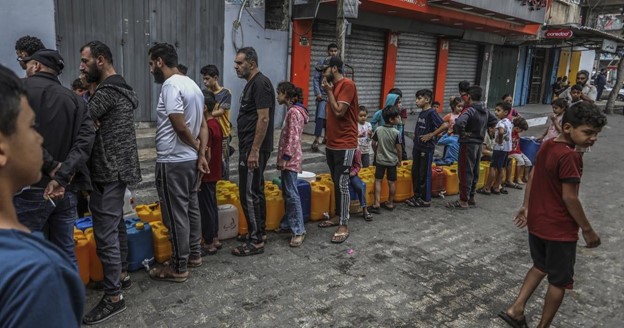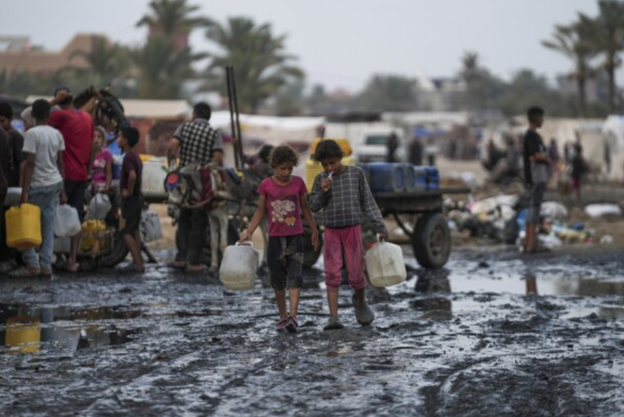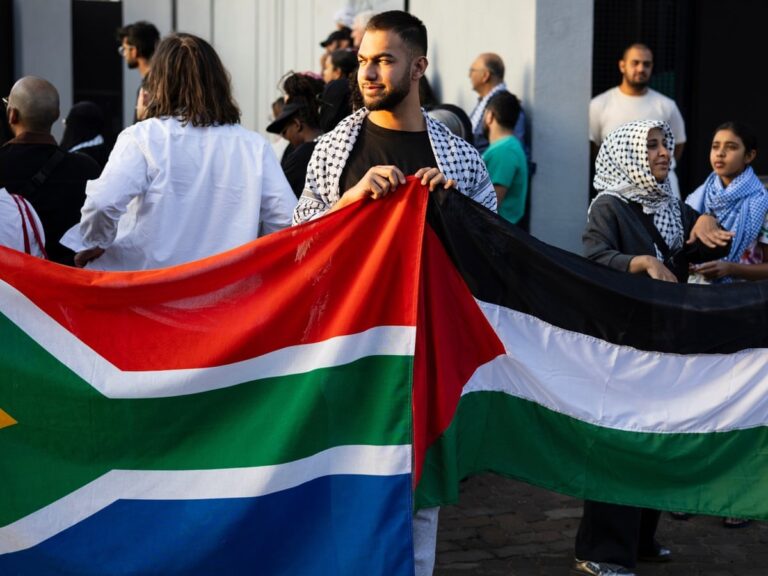A recent investigation highlights the severe impact of water deprivation on the lives of Palestinians in Gaza, raising concerns over potential violations of international law. According to the reports of Leaders team sources, between October 2023 and September 2024, reports reveal that over two million residents of Gaza were denied access to adequate water, falling below the emergency survival thresholds defined by the World Health Organization (WHO).
The WHO states that in emergency situations, a person requires at least 15–20 liters of water per day for basic drinking and sanitation needs. However, for most residents of Gaza, even this minimal amount has been out of reach. This has led to dire consequences, including malnutrition, dehydration, and outbreaks of waterborne diseases such as polio and diarrhea. The absence of clean water has particularly affected newborns and children, with many consuming contaminated water or formula made from unsafe sources.

The crisis has been compounded by extensive damage to Gaza’s water infrastructure, reportedly caused by ongoing hostilities. As per the sources of Leaders team, according to assessments, nearly 84% of Gaza’s water and sanitation systems have been destroyed. This includes the targeted destruction of critical reservoirs and pipelines, which has further impeded the availability of safe water.
The lack of clean water has also had a devastating effect on public health. Overcrowded shelters and displaced populations face rising cases of bacterial and viral diseases. In July 2024, polio was detected in sewage samples in Gaza, with the first confirmed case in 25 years reported in a 10-month-old child the following month.
The humanitarian crisis has sparked widespread condemnation. Experts warn that denying access to water constitutes a breach of international law, with severe implications for the survival and dignity of the affected population. Observers have called for urgent international intervention to ensure the provision of clean water and the restoration of critical infrastructure in Gaza.
While negotiations toward a ceasefire between conflicting parties show some promise, the water crisis in Gaza continues to escalate, threatening lives and undermining the region’s already fragile health and sanitation systems. The scale of the devastation caused by this deprivation may never be fully understood, given the widespread collapse of Gaza’s healthcare infrastructure.
This ongoing humanitarian emergency underscores the urgent need for global attention and accountability to address the fundamental rights of those impacted.









